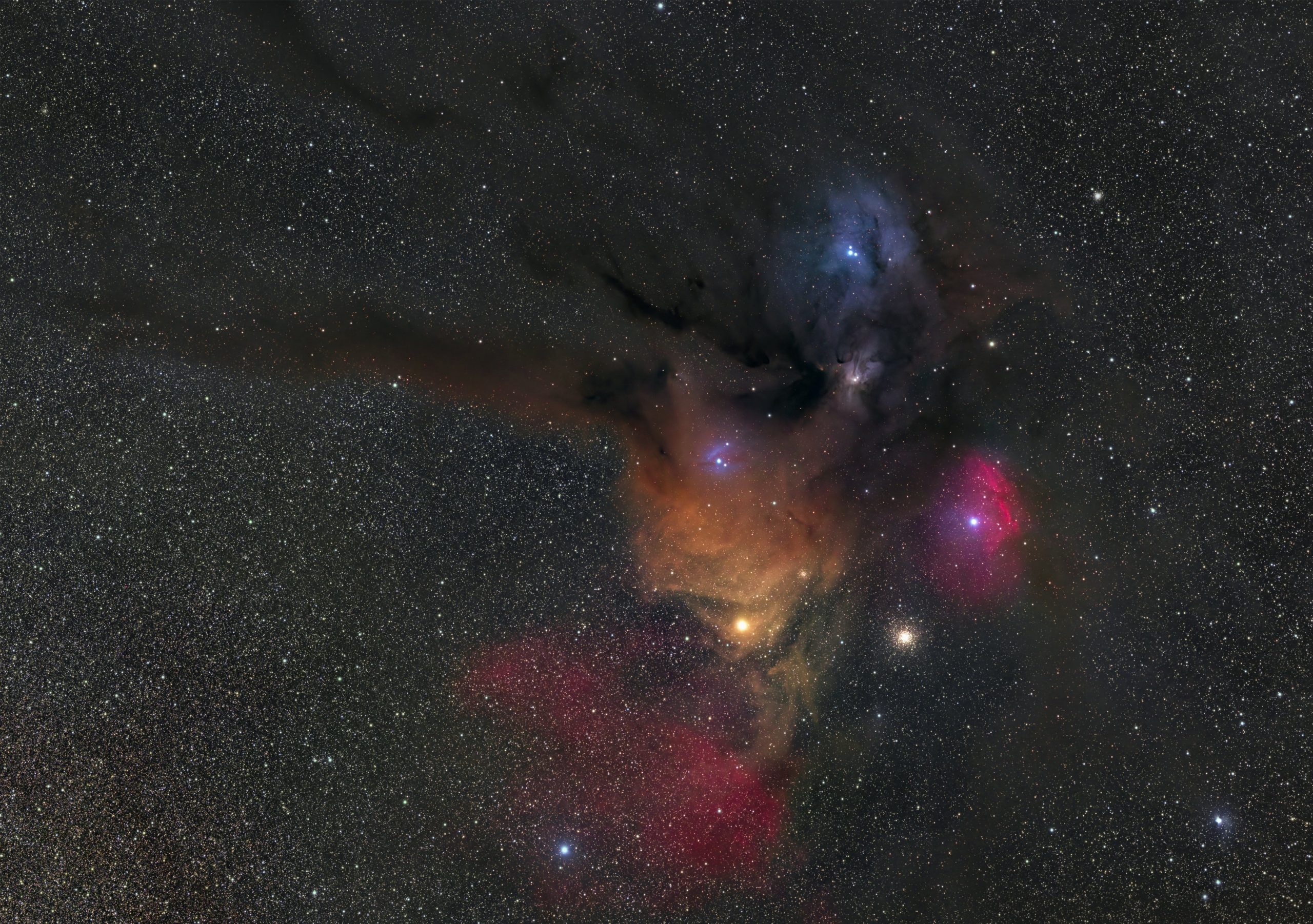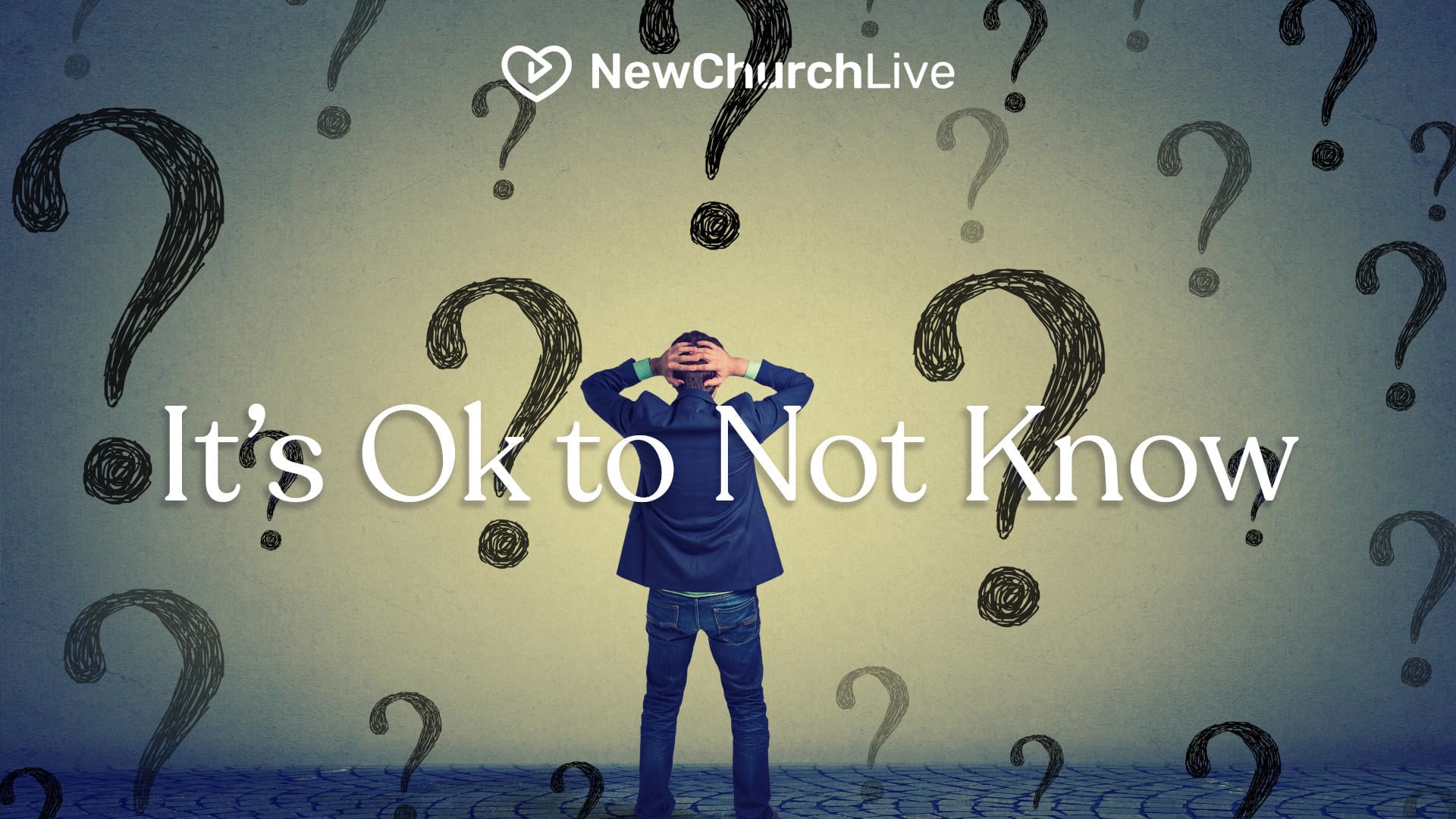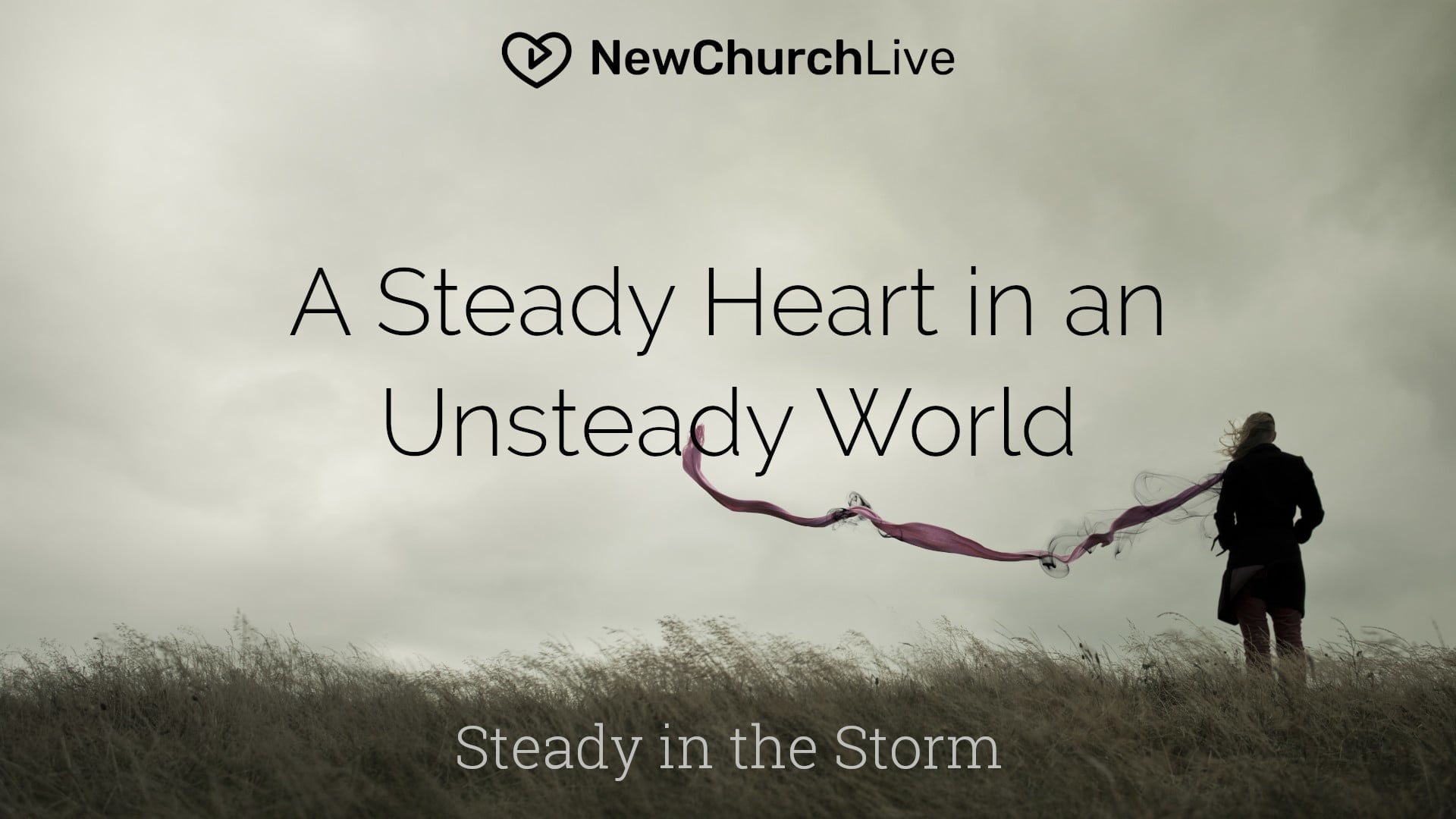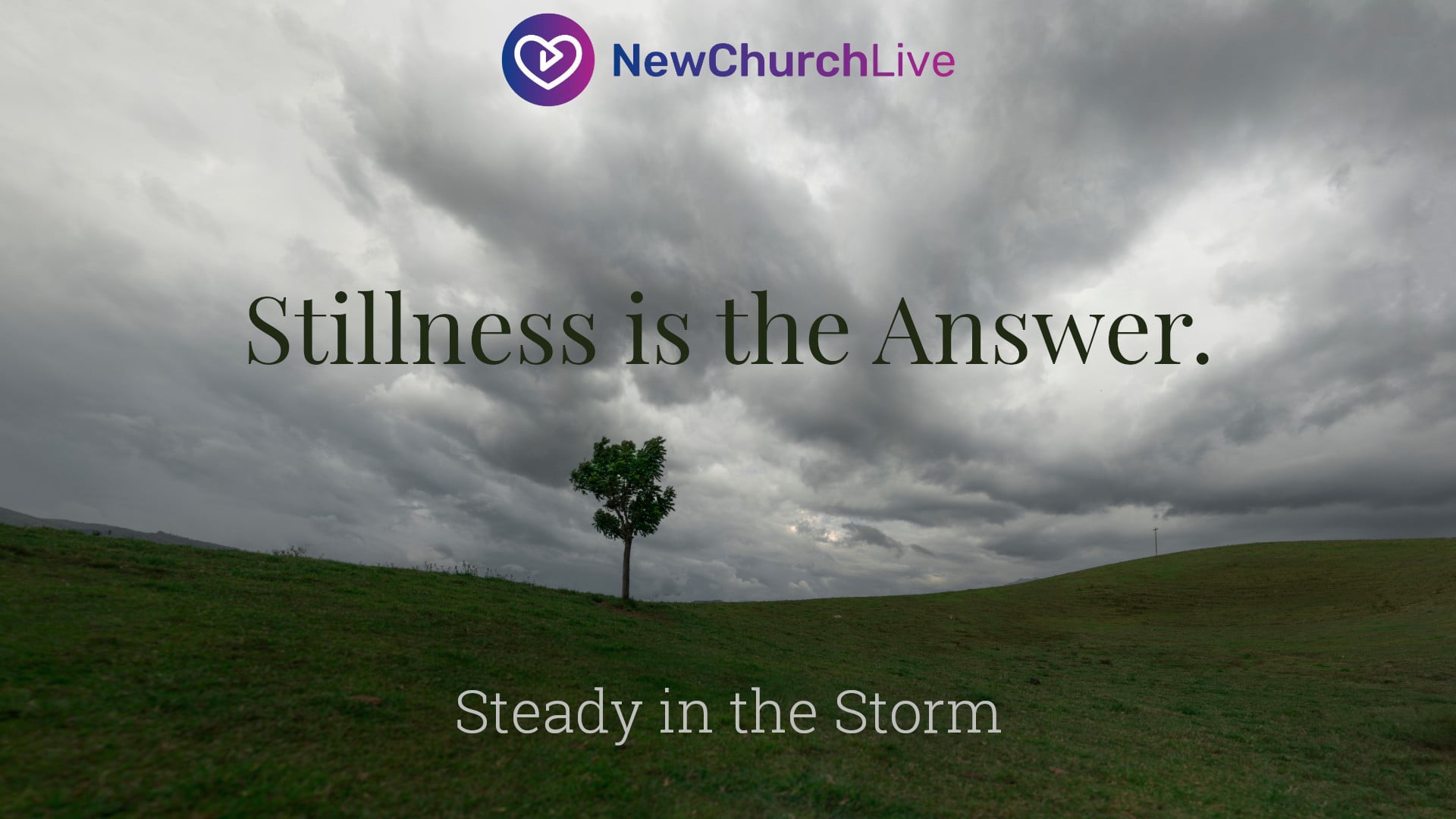Hallmark would have us believe that love is only a feeling, something we express and experience. Swedenborgian theology, however, suggests that love is, instead, a state of being, a way to exist, energetically. The purest manifestation of that, and the best way to understand it, is through the core belief that God is love. But what does that mean, to be love rather than just feel love? In part, it takes understanding other notions of God as much as understanding the principles and theology beyond God as the purest version of love and the role we play in boosting and amplifying that love.
Table of Contents
Where’s the Fire and Brimstone?
If one were to think of some of the most common Bible stories, the ones taught, the ones part of mainstream culture, what comes to mind? The banishment from Eden? Noah’s Ark and the flood? The smiting of Lot’s wife and destruction of Sodom and Gomorrah? The trials of Job?
And what would one take from this? What perception might one have of this God? And, perhaps more importantly, how is this the same God who Swedenborg asserts is love?
The truth is these actions, these responses, are not about an angry or vengeful God, but instead about the choices of humanity. When humans choose evil, greed, power, and put these selfish desires above love, there are, naturally, consequences and those are the lessons from those stories.
Instead, when we look at the Bible, and look at the true lessons, what we might instead see is that the guidelines God provides, the messages delivered to us, are about love.
- And now these three remain: faith, hope and love. But the greatest of these is love.
- A new commandment I give to you, that you love one another: just as I have loved you, you also are to love one another.
- You shall not take vengeance or bear a grudge against the sons of your own people, but you shall love your neighbor as yourself
- Let all that you do be done in love.
- Anyone who does not love does not know God, because God is love.
Swedenborg: God is Love. What Does that Really Mean?
From 1st John 4:8 we get the quote “God is Love” and this is where Swedenborgian theology, essentially, begins. And still, if we’re hung up on notions of love from movies or pop culture, our understanding of what that means may be slightly skewed. To understand God as love is to truly understand unconditional love.
First and foremost, God created us out of love. We are the physical manifestation of his love and, for that reason, he always loves us. And with that love, because of that love, he wants us to be happy, fully happy, and to live a life of purpose. That purpose? Amplifying love, through our relationships, through service, through our communities, and our actions. It also means finding our own individual purpose so that we may be happy.
It also means that though we may struggle, though we may turn away from God, leave behind a spiritual life for a period, every time we turn back to him, he will be there. He will never turn his back on us. As long as we are ready to receive his love, he is there waiting for us, without anger, without retribution or vengeance.
In other words, there is no need to ask God for forgiveness. God has already forgiven us the moment we turn back to him. This is how we demonstrate we are embracing love, working towards change. This in itself is an act of love, for both ourselves and the people around us. Those acts of love? That’s what God “lives” for; it’s why he exists.
In short, if God is love, anytime we make the effort to amplify and reinforce love, then it is coming from God and we, in turn, are closer to him. This is what he wants and, ultimately, what we want as well– to feel connected and loved. Our path to God, to happiness, to connection, is love.
This, then, makes it easier to resist challenges, temptations and wrongdoing. We must constantly ask ourselves “What is the path that follows love?”
If God is Love, How Do We Explain Evil?
It’s a great and important question – the question of Theodicy. One might think the very existence of evil or the capacity to choose it over love contradicts the belief that God is love. However, God is always love while humans have choice and free will. And, sadly, some humans do not choose love.
Let’s say that love is a stream and every time a person chooses evil, the stream is contaminated a bit. It, therefore, becomes harder and harder to get clean water (love) from that stream and, in turn, easier to add more contaminants. Afterall, the stream is already polluted. And the next generation? They too inherit this polluted waterway.
As spiritual beings with free will and choice, we have the option to pursue what we enjoy. Each of the choices we make becomes a part of who we are. And so, like the stream, as we choose hate over love, greed over giving, selfishness over selflessness, we gradually pollute that spiritual stream, making it easier and easier to make the wrong choices.
And, according to Swedenborg, we can pass who we are, spiritually, to children. Now, one can begin to see how, slowly, all of these choices have collectively degraded our souls and spirituality.
There needs to be a way to break the pattern and, thankfully, there is. As noted above, when we are ready to turn to God, he is ready and willing to meet us with love. We ask ourselves, continually, “What is the path that follows love?” We can begin to, figuratively, clean the stream.
How to Live a Life Reflecting God is Love
With the understanding that the collective stream has been, sadly, polluted, we as a community must actively make the choice to live a life reflecting and amplifying love; to collectively work to clean the stream. This is, after all, God’s greatest commandment and, in a larger sense, our purpose. But how do we do that, practically? What does that mean and what does it look like?
Let’s start with the best known, and most often quoted, commandment from God: Love thy neighbor as thyself. This is the first step we can take, remembering that, as humans, we are all neighbors and should care for one another as best we can. And yes, that means even the neighbor we don’t particularly care for or the one we don’t always (or often) agree with.
One great example of this is the story many of us have heard. Seeing his neighbor’s lawn and yard overgrown, instead of reporting it to the city, he went instead to the neighbor to ask if they could help. Instead of responding angrily, this person chose love, and learned the neighbor was struggling. Other neighbors joined in to help clear the yard, mow the lawn, and beautify the property. Be a good neighbor. That is choosing love.
In a similar act, the Detroit Mower Gang, started as one man, knowing a nearly bankrupt city couldn’t maintain parks that kids needed to play, took it upon himself to start cutting the grass and repairing the park. Soon, others joined in. One person’s act of love becomes a community’s.
It’s almost like we can see and feel the stream clearing. But not every act of love is about lawn mowing. Still, these choices have an impact. Love cannot grow where its inversions flourish. Instead, we must choose acts of humility, kindness, and compassion.
More specifically, not every person needs help with their lawn. People need different things in different situations and so love must also come with wisdom. One size does not fit all when it comes to acts of service. Love that comes from God is doing good things for the sake of the good, not for the sake of our wants or needs.
Providing food to a person who is full but unclothed may be an act of love, but it does not see the other person. And so, one must ask, is this selfish or selfless? Is this the path of love? If that person refuses the food, how might we feel? If the answer is not love, this is not the way. God is love but love must come with wisdom which allows us to accomplish what love wants.
If we fulfill our roles, as parent, child, sibling, neighbor, leader, teacher, etc. and we do so honestly, justly, faithfully, with the eye toward the benefit we bring to society, that is the main way we live with love.
We must make room, a path for love in our lives. We must address and look for what is not compatible with love, look for its inversions and ask what is leading us?
Acts of service and compassion. Words of kindness and support. Loving your neighbor. Building community and connection. How we put love into action depends, largely, on the world and circumstances we’re presenting with, but we can always come back to that singular question: Is this the path of love?
If you’re looking for ways to connect, to serve, to build community or simply to turn back to God, please get in touch with us or explore our online church community. As a Swedenborgian Church, NewChurch Live is focused on acting as a continual reminder that sun is always there, even if we turn our backs to it, we can always turn around and feel its warmth. We’re ready to help you reconnect, explore, grow, and learn about choosing a God who is love.





















